Teaching in isolation
It’s a weird but fascinating thought that you, dear reader, wherever you may find yourself, are now very likely in a situation not too different from mine. Probably staying in your home, apart from very few essential trips to the shops. I don’t know about you, but it would have been hard if not impossible for me to imagine, a few weeks ago, how my activity would look during a pandemic. On the one hand, as with so many other musicians and especially pianists, isolation is something with which I am quite familiar, having spent so much of my life inside a room with a piano. And yet, vital parts of my activity had been brought to a sudden stop. Having played my last public concert before lockdown on 14 March, that memory seems now from another world.
Zoom teaching studio
But there is another aspect of my activity which I would like to discuss here. Teaching has been increasingly a part of my life in recent years, and an important counterweight to performing. In my London studio I have taught students of different levels and backgrounds, from young talented children at various steps in their musical journey, to young aspiring musicians, and even the occasional keen amateur. The quality that they all have in common, and my main requirement, is a true love and respect for music.
I was skeptical at first whether subtleties of musical interpretation could be even taught online, through Skype or Zoom. After a first experience of interrupted connections and distorted sounds left me on the brink of despair, I decided to give it another try (taking some inspiration also from the heroic efforts of those first pioneering recording artists, at the beginning of the last century).
Once the right tweaks were made, on my side and the student’s, there was already a marked improvement. Connecting an external microphone further improved things significantly. I was now at a point where I could start seeing some unexpected advantages of this new situation. Having in one day received an inspiring lesson from one of my mentors, Ricardo Castro, who was in Brazil, and later giving myself a lesson to someone in London, both via Zoom, I realised that physical distance is no longer a factor. Furthermore, I have asked all my students to submit videos prior to the lesson. This not only allows me to listen in more detail and take notes, but can often give the student an extra goal to work towards - a recording that they are happy with.
With a talented young student at a masterclass in Romans-sur-Isere, France
The role of a teacher
There is much that can be said about the role of a piano teacher, but I would sum it up like this: a sympathetic yet critical pair of ears. It is so often that one of these two sides is neglected, often to the great frustration of students. Just as relentless criticism and sterile perfectionism can crush someone, so too can complacent or exaggerated praise, which can feel undeserved, unhelpful and even patronising. Different students need a slightly different type of teaching, at various points. While some need more guidance and structured demands, others need a fellow artist to “lend them” his or her ears, to challenge them, and to exchange ideas to great creative results.
Get in touch below, if you’d like to enquire about booking a lesson!



